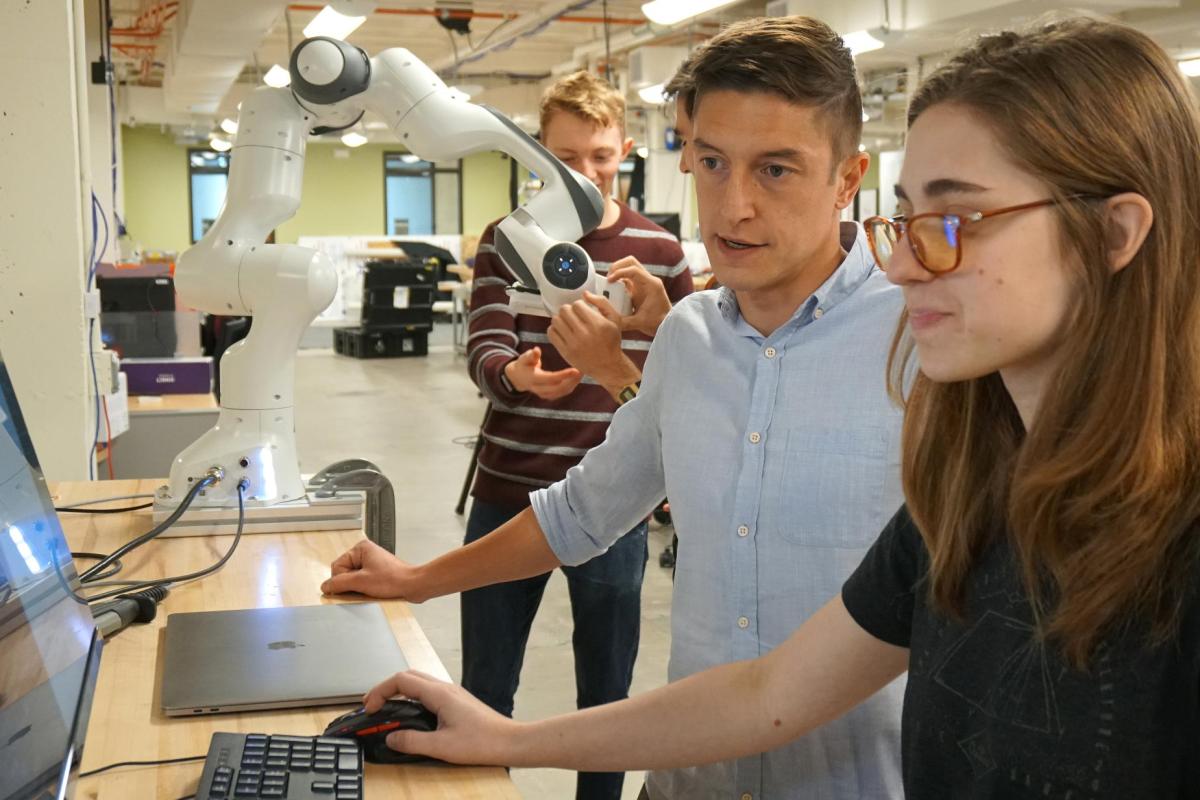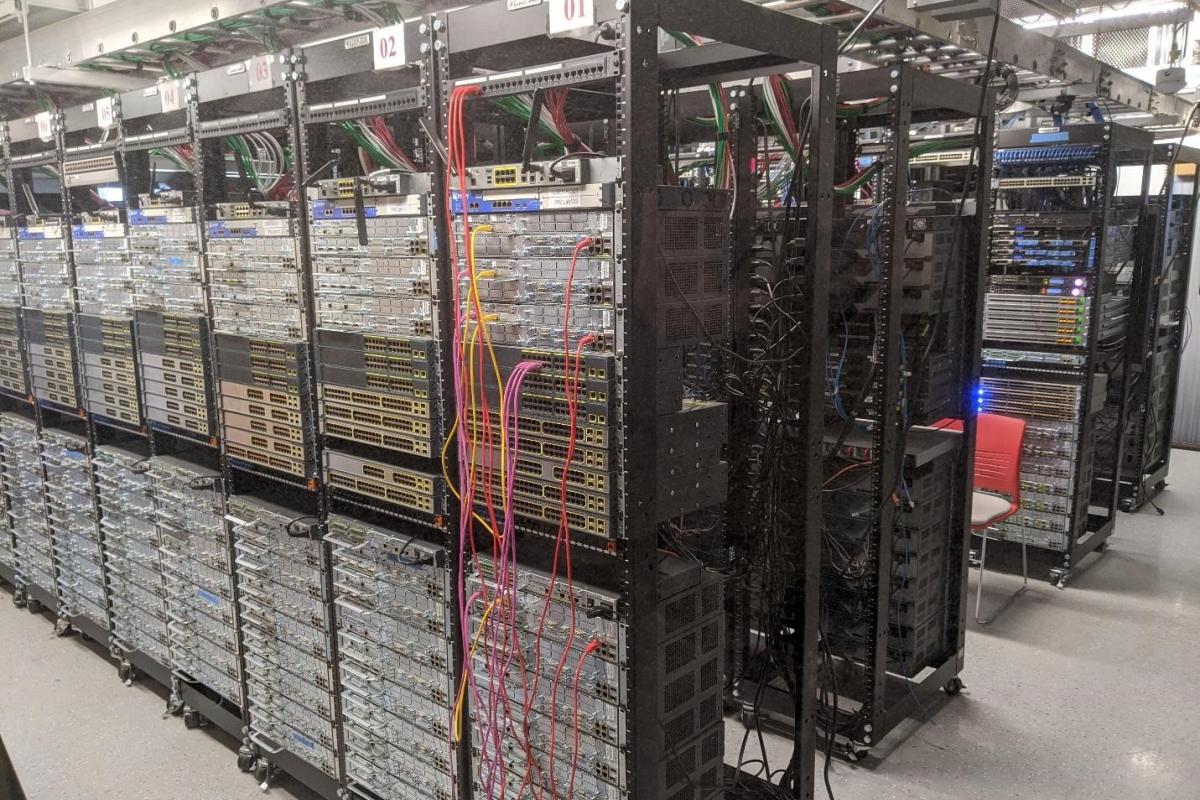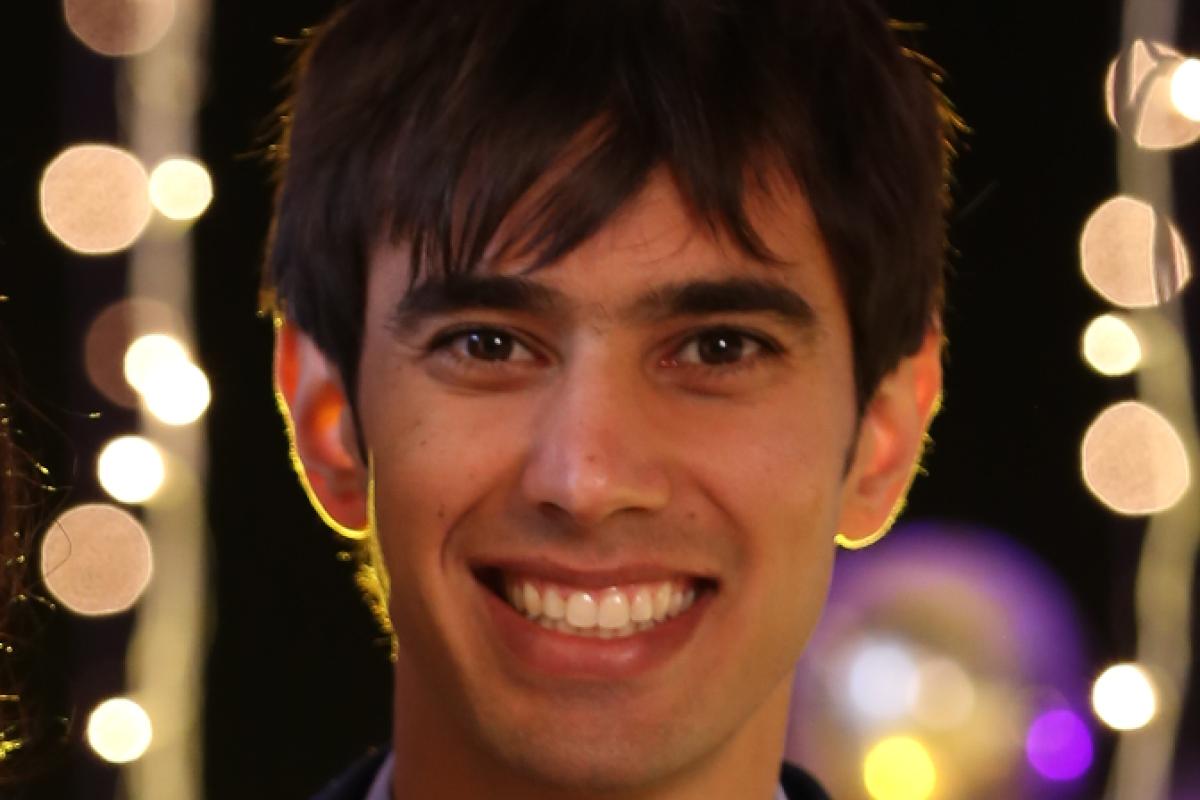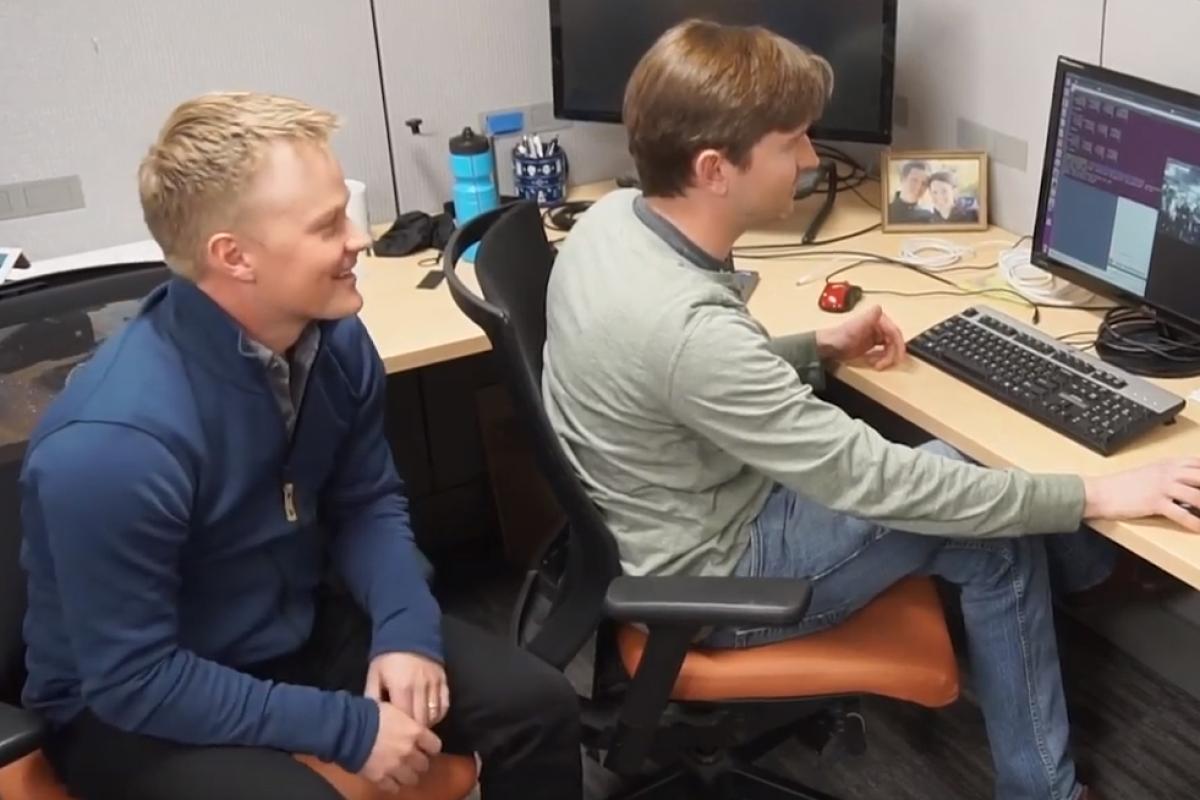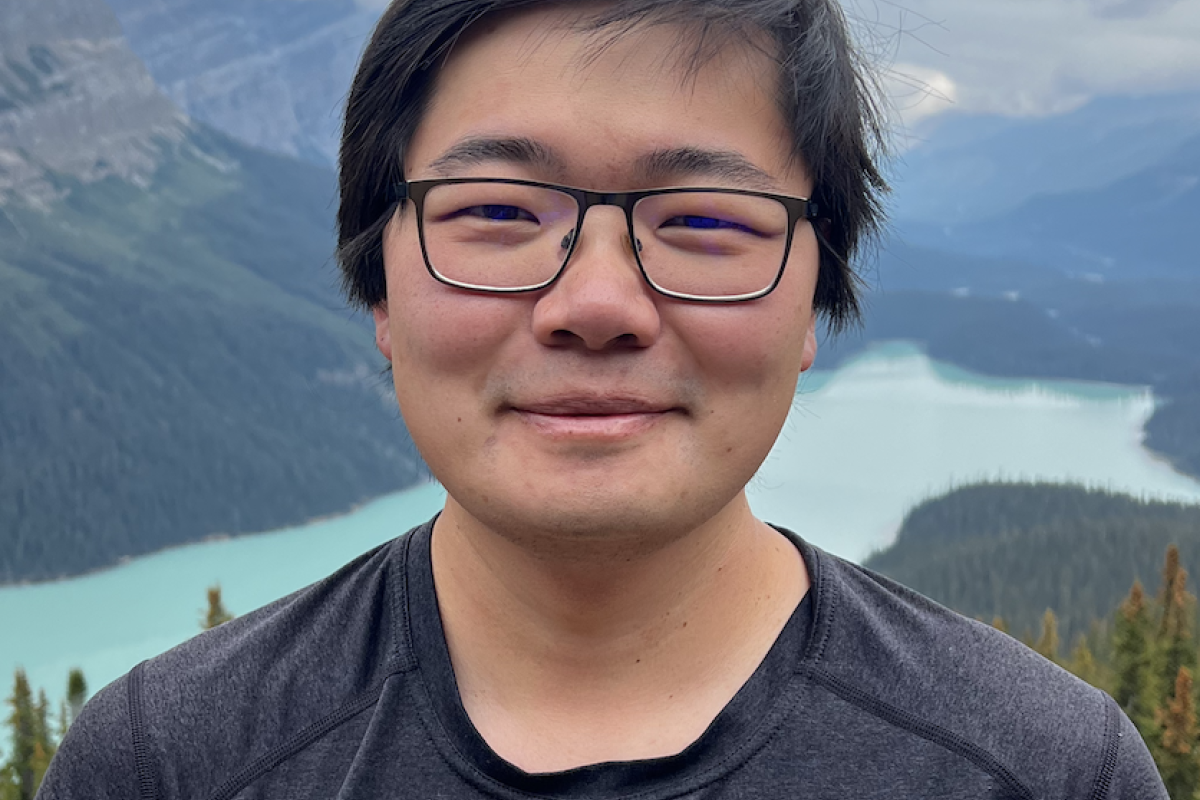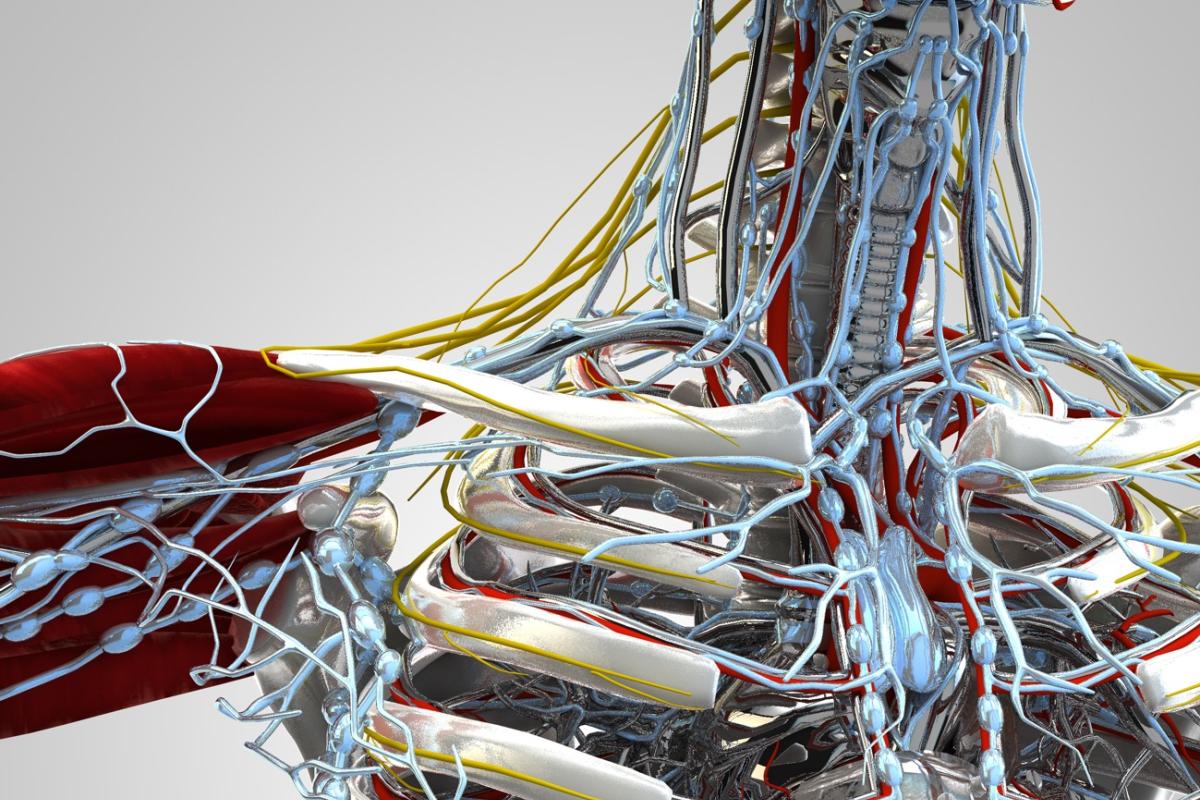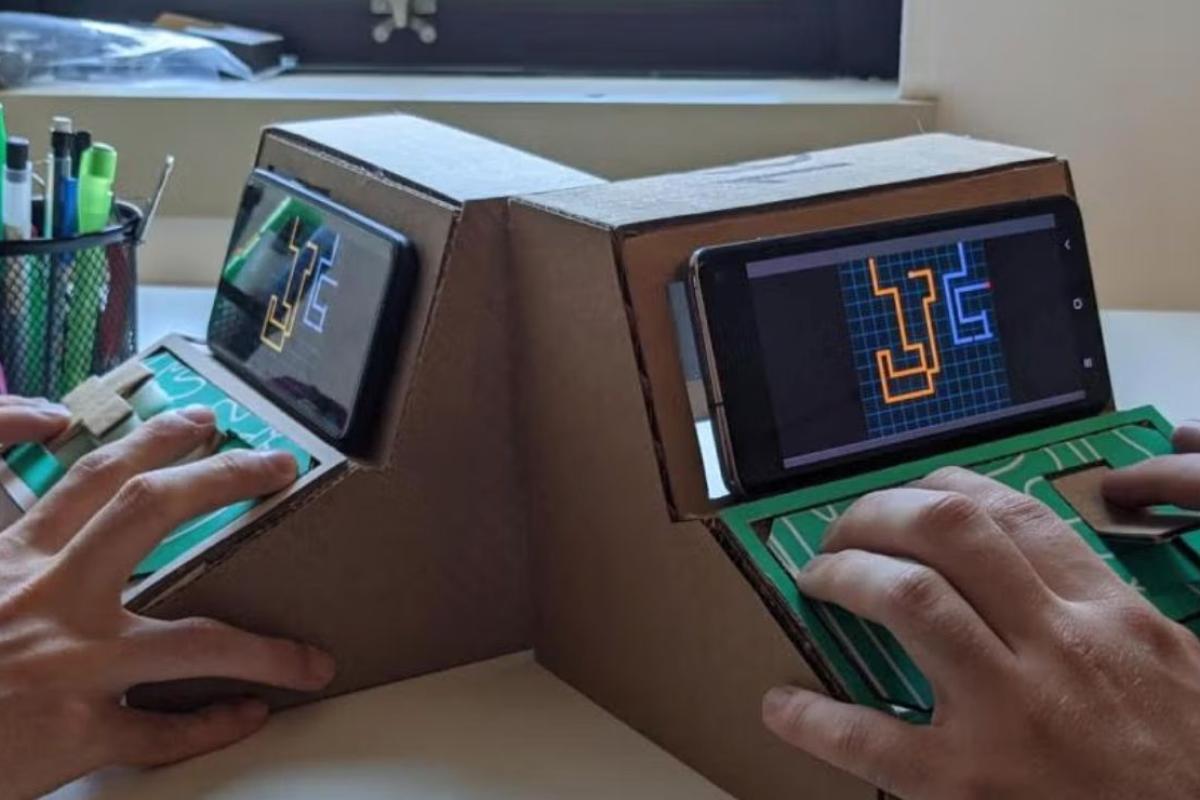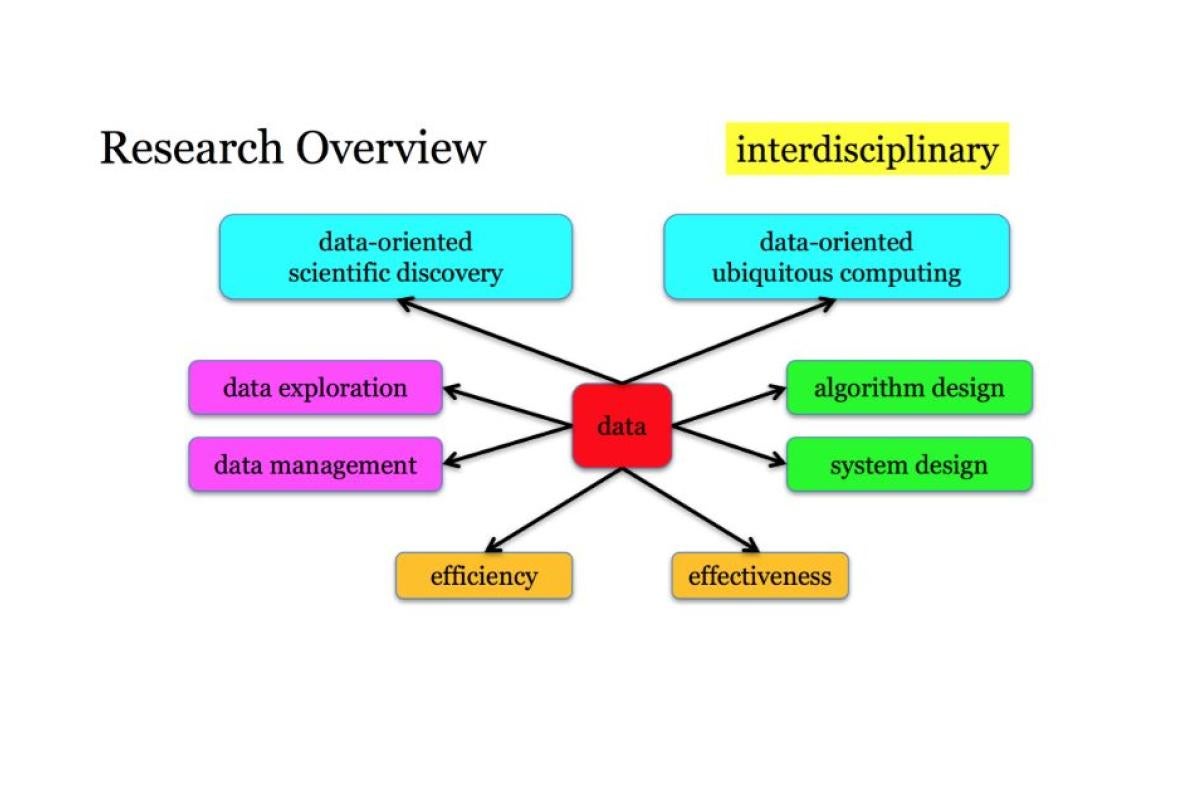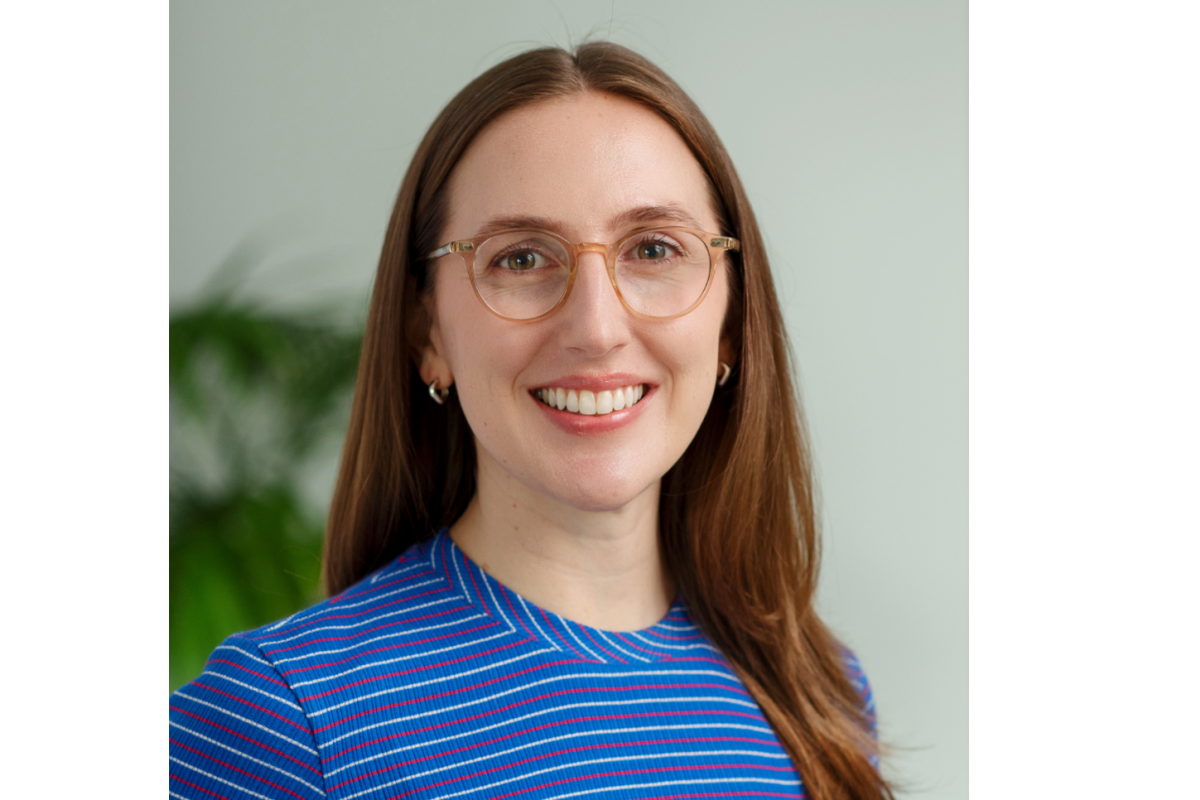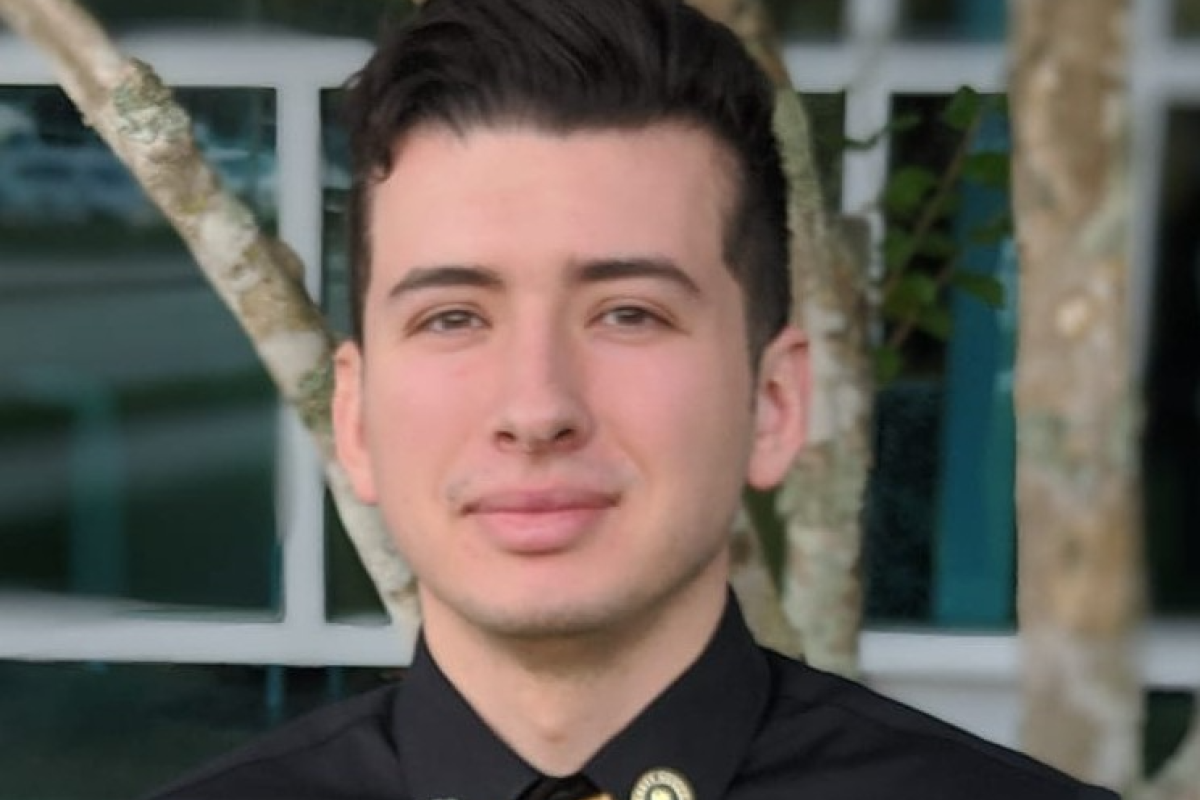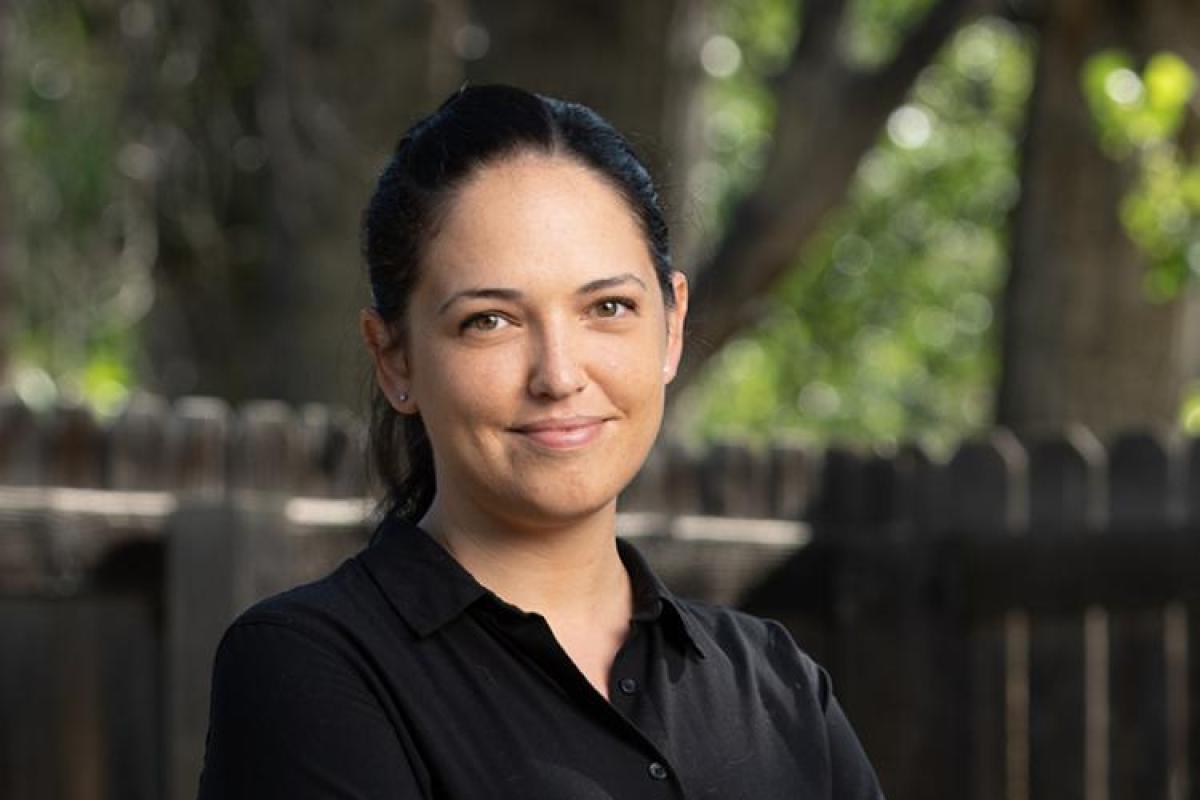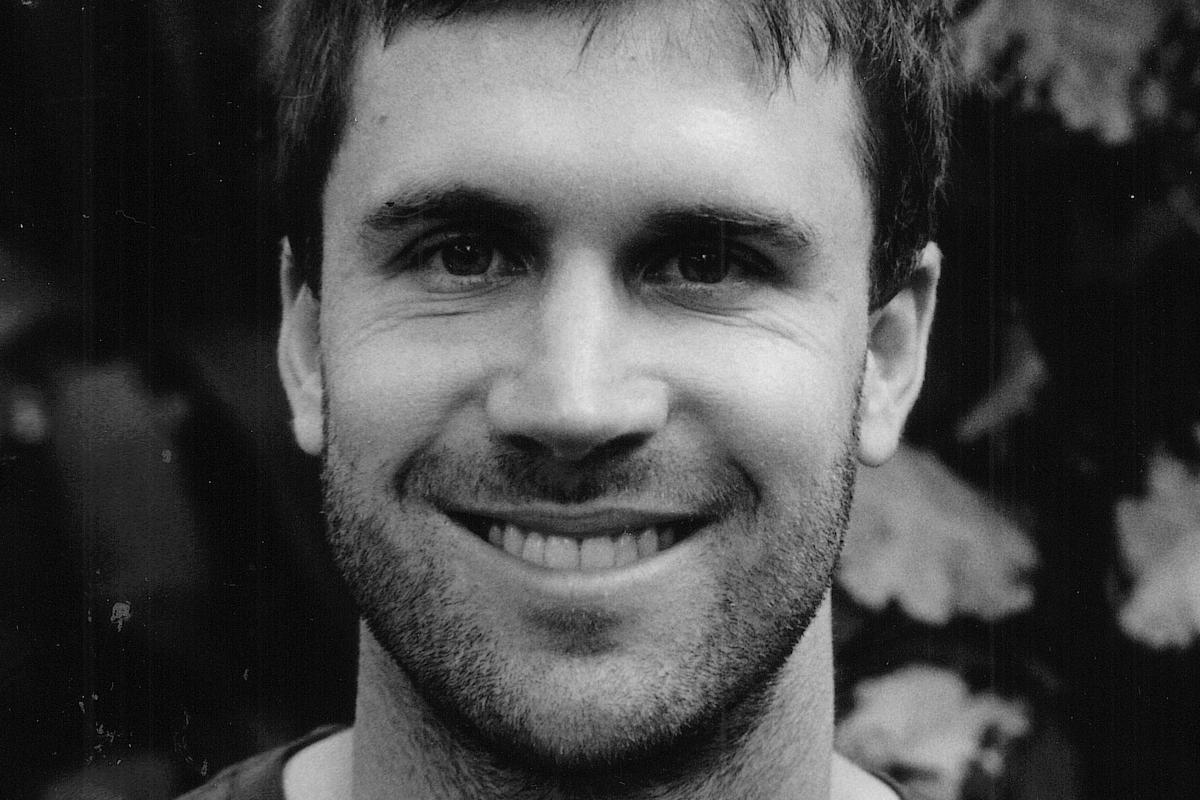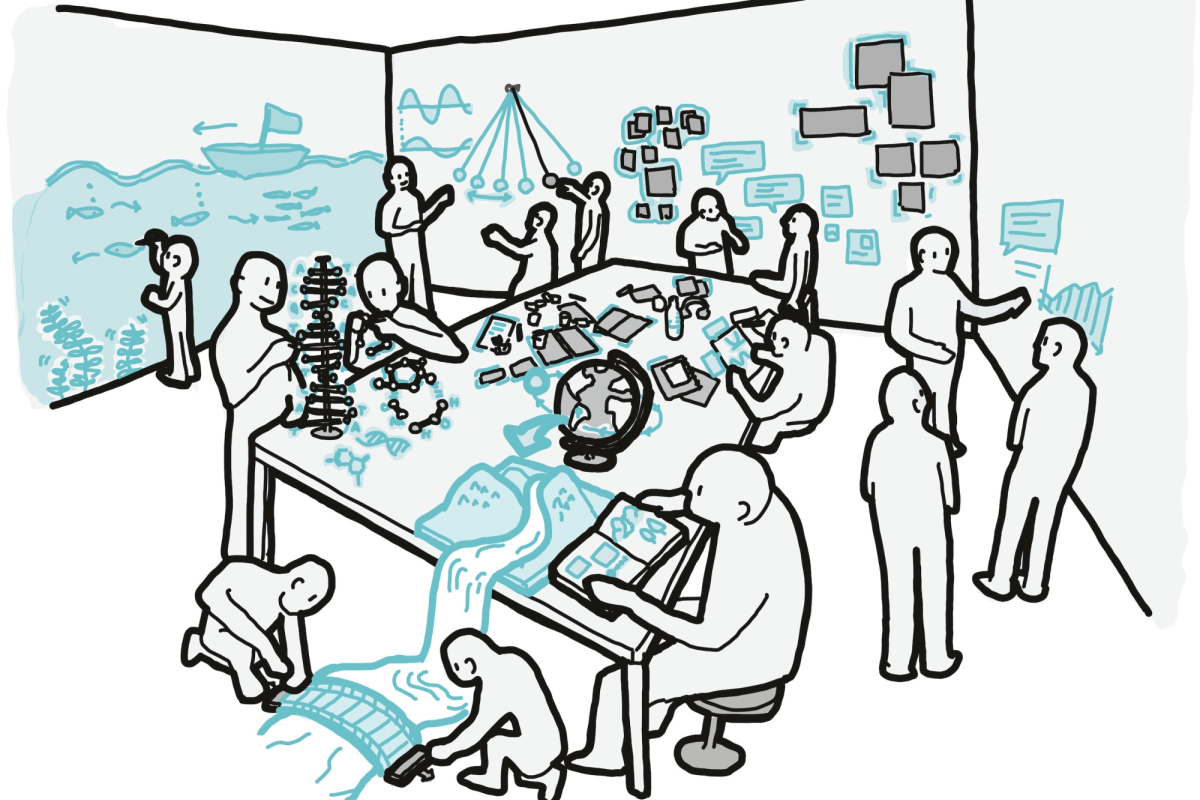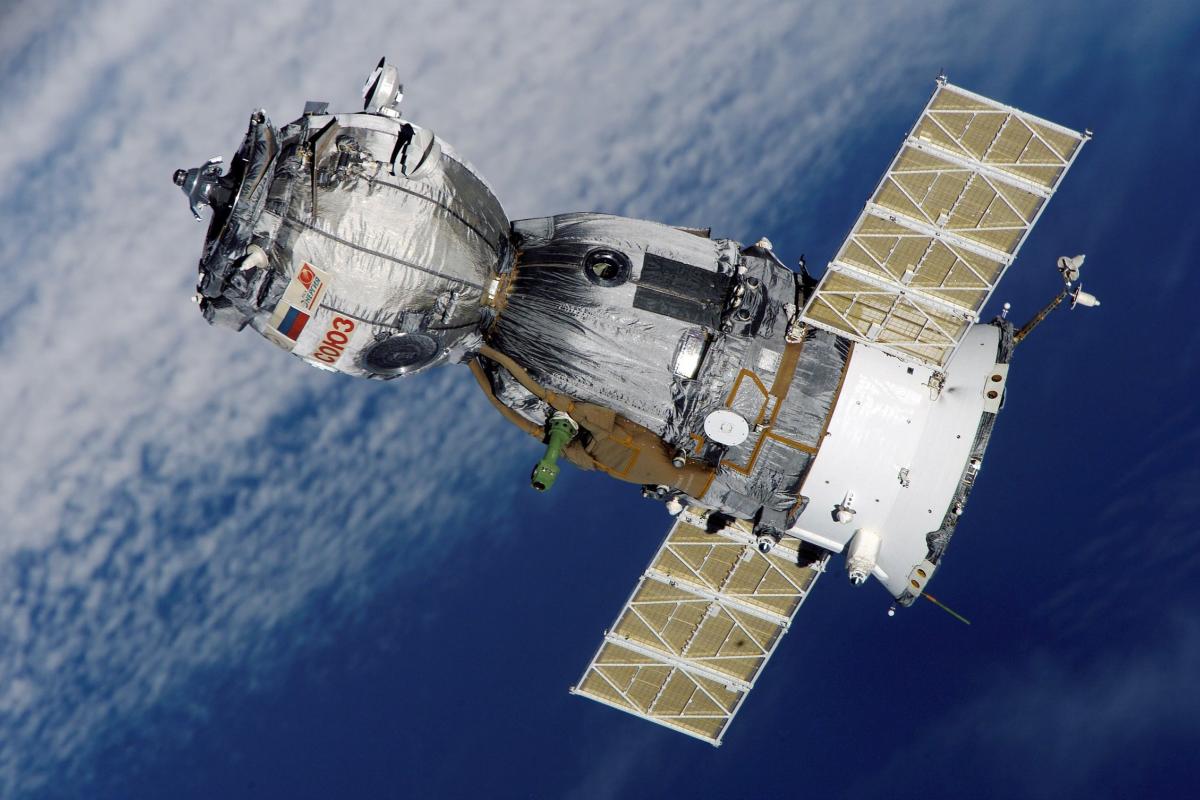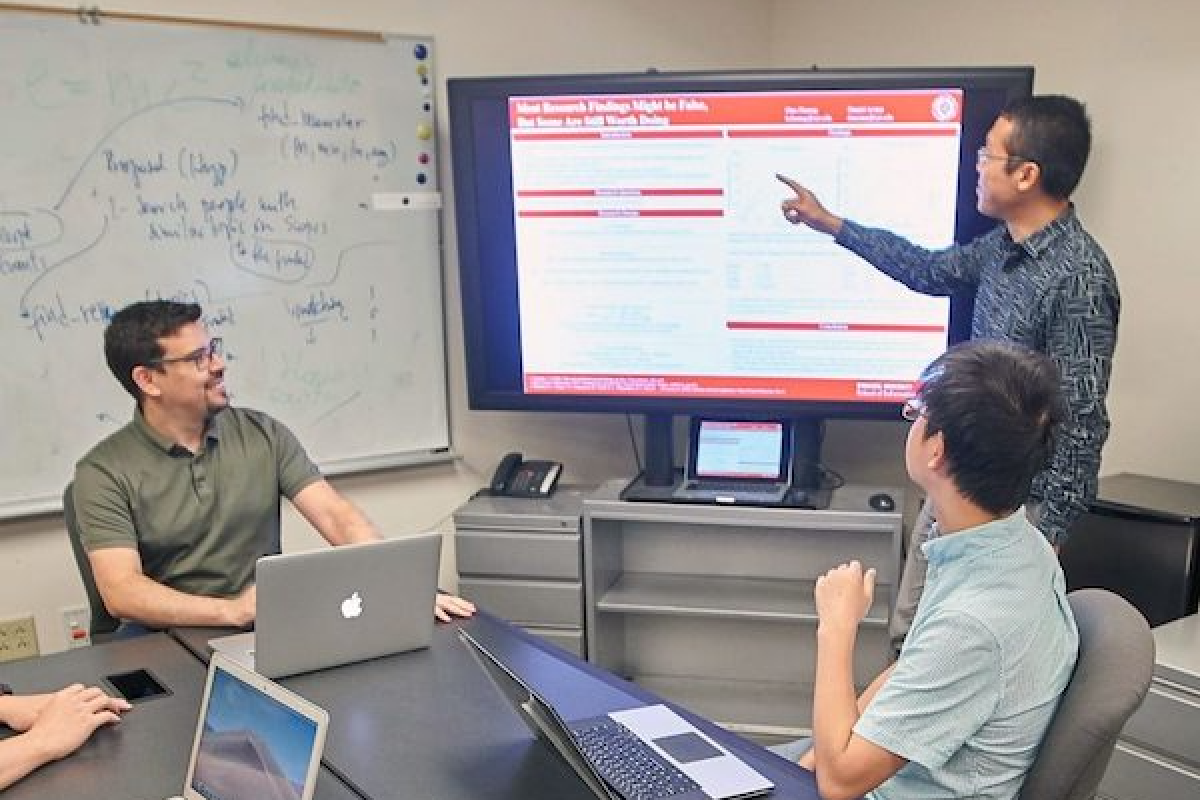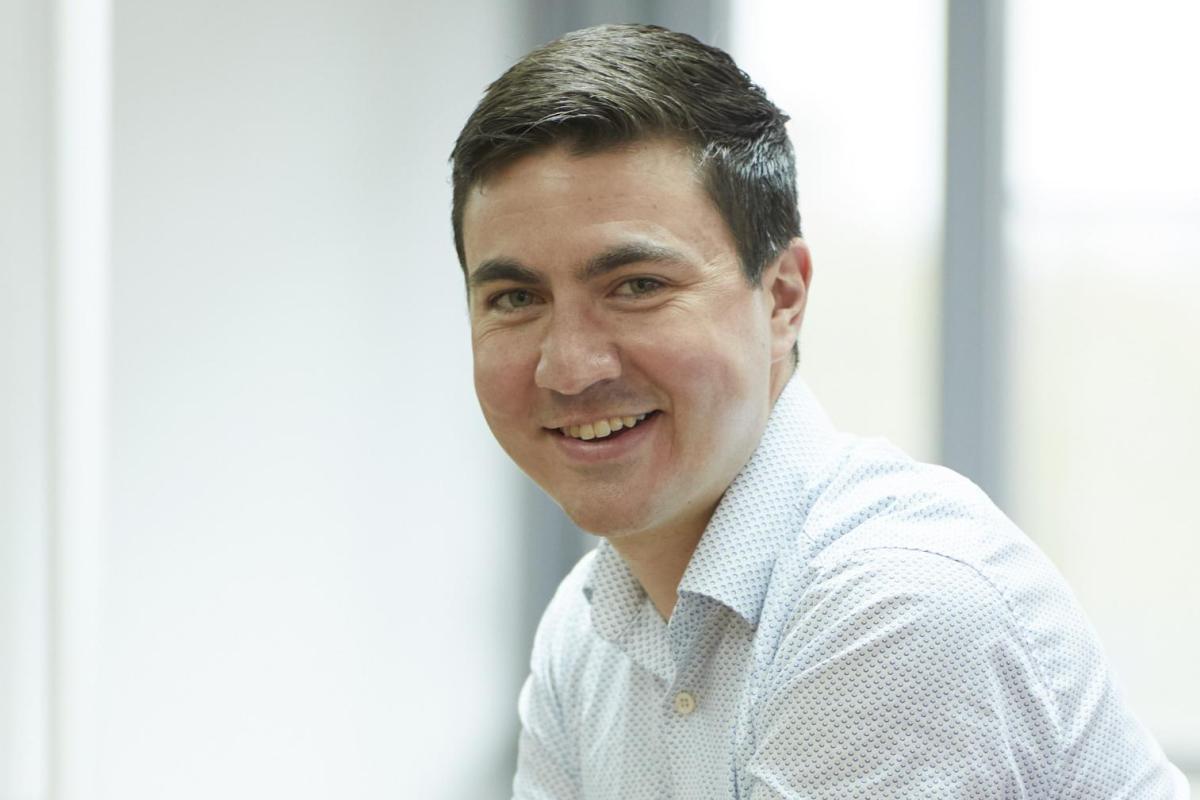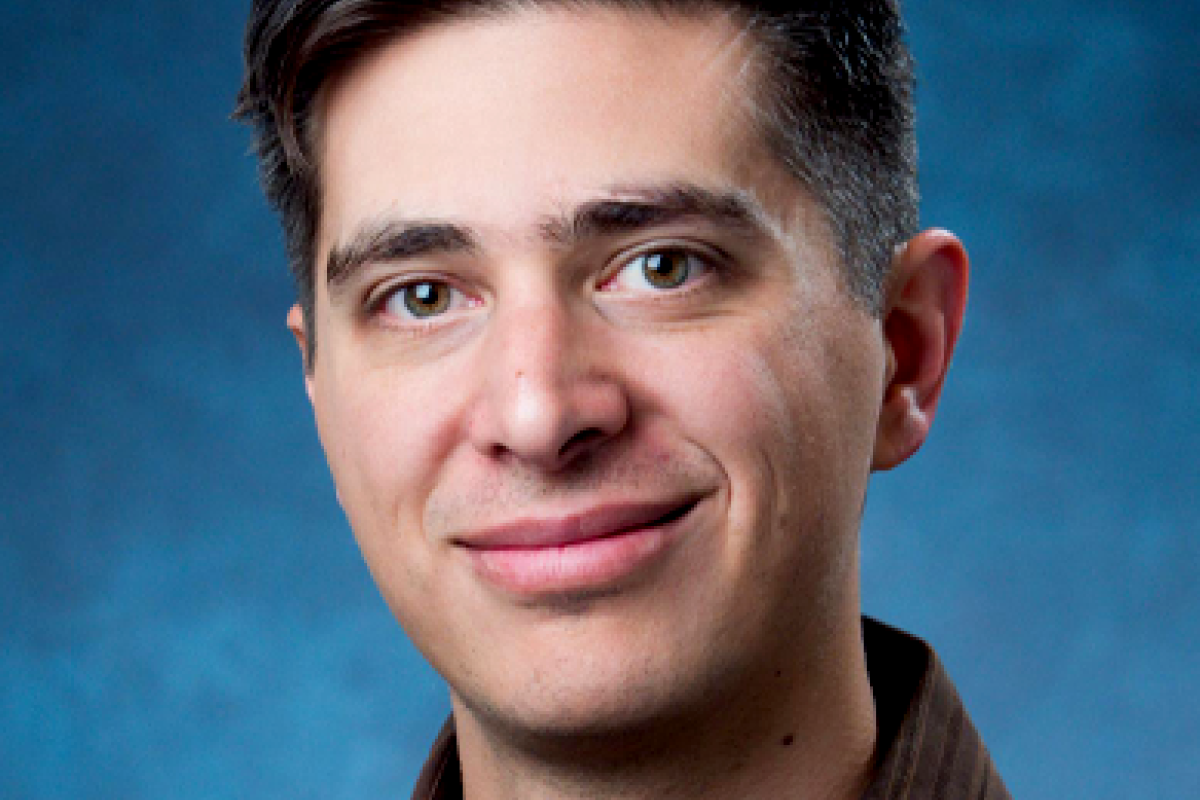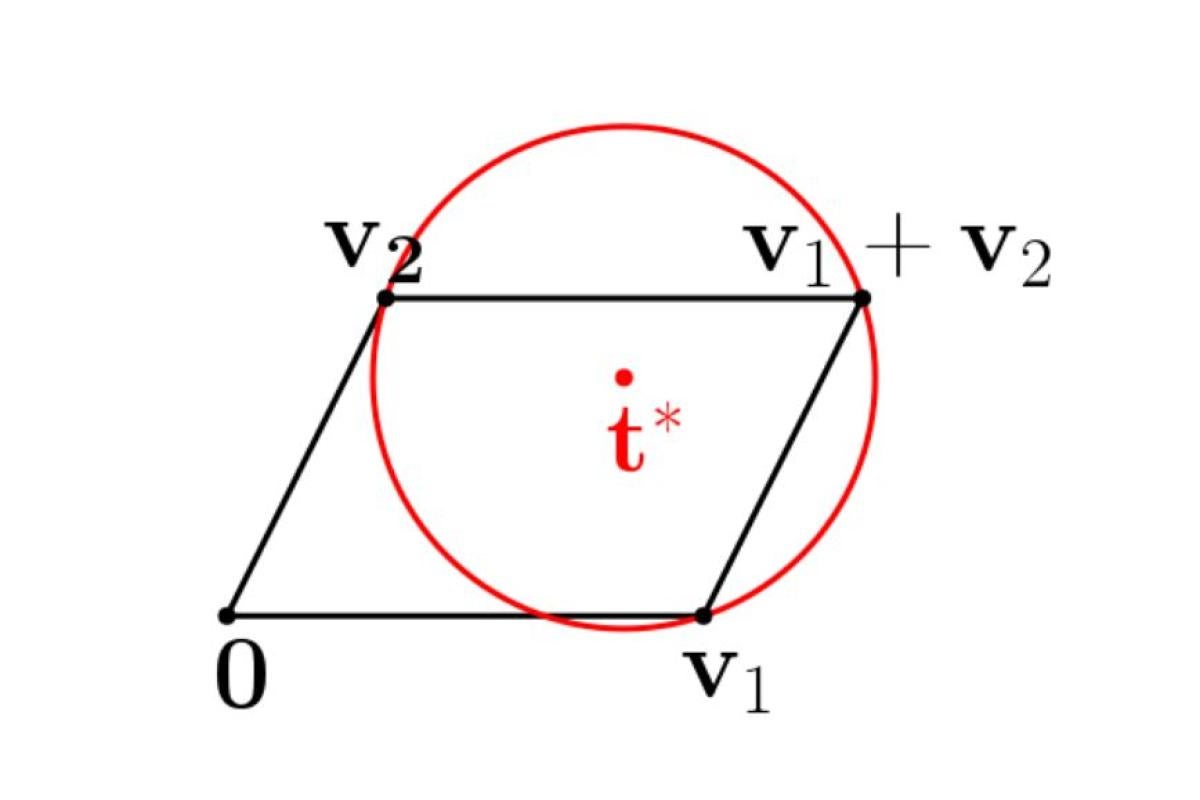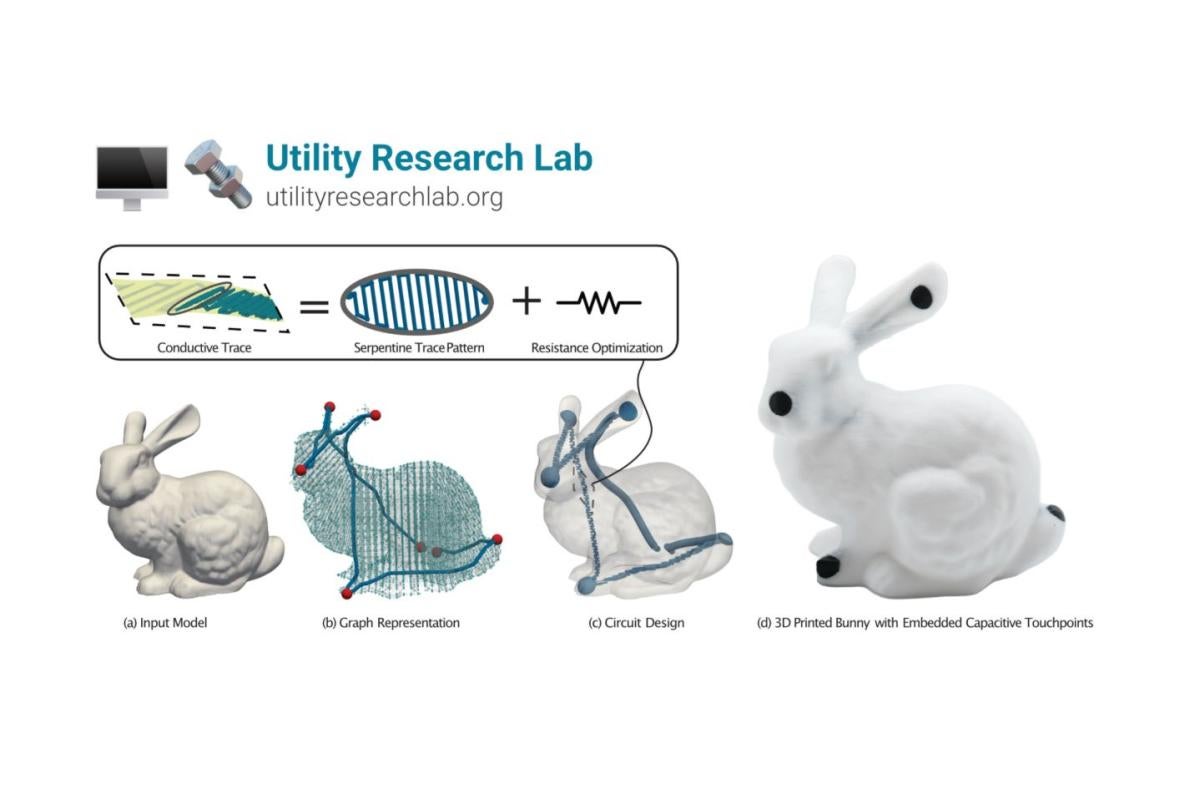See who's recruiting for fall 2026
Degrees and Admission
Learn more about the MS in AI degree.
Discover our new AI-focused curriculum as faculty introduce specialized courses and research projects, advisors share targeted application advice, and current students discuss hands-on AI experiences.
You can sign up and RSVP for one or more of these sessions through the links below.
Learn more about the MS in computer science.
Join live virtual events where faculty outline the core curriculum and research opportunities, advisors offer essential application insights, and current students share hands-on experiences and career outcomes.
You can sign up and RSVP for one or more of these sessions through the links below.
Learn more about the PhD in computer science.
Join live virtual events where faculty researchers showcase their cutting-edge projects, advisors outline application strategies, and current students discuss the doctoral research experience at CU Boulder.
You can RSVP for one or more of these sessions through the links below.
Learn more about the MS in network engineering.
Join live virtual gatherings where network engineering faculty outline the specialized curriculum and lab opportunities, advisors provide key application guidance, and current students share hands-on project experiences and career insights.
You can sign up and RSVP for one or more of these sessions through the links below.
Faculty, Labs and Research Groups
- I work in Theoretical Computer Science on problems involving aggregating information and making decisions with strategic agents.
- I am looking for students who are excited about theory, math, and proofs in Computer Science and game-theory applications.
We build computer systems to train and deploy state-of-the-art machine learning (ML) models. We focus on improving the scalability, efficiency, and security of systems across the end-to-end ML pipeline. Our interests span the entire systems stack — including distributed/operating systems, databases, computer architecture, and security — and their intersection with machine learning.
The CompTools group works at the intersection of scientific computing, numerical analysis, and computational physics to design tools for modelling physical phenomena described by ordinary and partial differential equations (ODEs and PDEs).
The focus is on adaptive, efficient, and high-order accurate methods for the sake of user-friendliness and robustness even for badly conditioned problems. We emphasize building open-source software implementations of these methods.
The group is looking for students with a strong mathematical background (whether that is from engineering, physics, or applied math courses; particular emphasis on calculus, real and complex analysis, linear algebra, numerical ODEs/PDEs), some coding experience (for scientific computing), and an open mind to acquire new skills/learn new methods.
- CompTools Recruitment session: Tues., Oct. 8th, 2024, 10 a.m. (MST)
- CompTools Pre-research advising session: Wed, Oct. 2nd, 2024, 2:30 p.m. (MST)
Nikolaus' research interests are spread across robotic manipulation and new "materials that make robots smart".
Such "robotic materials" tightly integrate sensing, actuation, computation, and communication to allow materials to sense their environment, and change their shape and appearance. Leading to novel tactile sensors, skins, and high-speed actuators that can augment existing robotic systems, such materials are also posing new challenges in manufacturing, in particular robotic assembly.
D'Mello's research is at the intersection of the cognitive, affective, computing, and learning sciences. His team is interested in the dynamic interplay between cognition and emotion while individuals and groups engage in complex real-world tasks.
We are always looking forward to working with motivated and dedicated students. We look for:
- A clear alignment of interests
- Prior research experience in any area (ideally with publications)
- Excellent collaboration and communication skills
- A “can do” attitude that exhibits confidence, enthusiasm (for research), and perseverance in the face of challenges.
If you would like to inquire about joining us, please send us a note with your CV/resume, brief statement of prior work, and how you see yourself contributing to our work. We do receive a lot of requests and only reply if the mutual interest seems to be sufficiently strong.
My group conducts research on full-stack data analytics, which integrates systems, algorithms, and applications for effective and efficient data analytics in ubiquitous computing and scientific discovery. Please check my webpage to learn more.
My research interests are in natural language processing, cultural analytics and healthcare. This involves analyzing social aspects of language (such as storytelling in online communities) and evaluation and probing of NLP models and datasets designed for cultural use cases.
At the Matter Assembly Computation Lab (MACLab), we develop tools and methods that make robot design more accessible. The lab works in several research subareas:
- Design automation for multimaterial fabrication
- Multimaterial simulation
- Fabrication automation (which involves making new 3D printers and control software)
- 3D-printable material development and testing
My work seeks to integrate deep learning and symbolic AI to achieve the best of both worlds. Examples of symbolic AI include knowledge graphs, logics, and automata. We are also researching application domains for this novel integration, including the discovery of new molecules for drug design and depolymerization and the optimization of organ exchanges.
Our lab is an interdisciplinary group of researchers based at the University of Colorado Boulder, led by Dr. Orit Peleg. Our goal is to formulate and test phenomenological theories about natural signal design principles and their emergent spatiotemporal patterns.
We focus on universal problems that most communication systems must solve, whether they are animate or inanimate: How should organisms choose an optimal signal modality? How should they spatiotemporally integrate signals? And how should they respond (communicate a message back, locomote, Etc.)? We explore these questions using model organisms, such as fireflies and honeybee swarms. Examples include fireflies who communicate over long distances using light signals, and bees who serve as signal amplifiers to propagate pheromone-based information about the queen’s location.
My main research area is Human-Computer Interaction. My research goal is to augment human intellect and creativity by transforming the entire living world into a dynamic space for thought with the power of AR and AI. Keywords: AR x AI, tangible interfaces, human-robot interaction, human-AI interaction
Over the next few years, my research will primarily center on trustworthy quantum computing and quantum intelligence.
I intend to work on morphing the system and architecture of various types of quantum computers, encompassing both near-term devices and fault-tolerant systems, as well as emerging accelerators. My goal is to improve their reliability and applicability, addressing the full-stack optimization problem, including error correction/mitigation, compilers, programming languages, and pre/post-processing policies. Additionally, I am committed to ensuring the security and privacy of quantum users. Moreover, I plan to explore synergistic opportunities between quantum computing, Artificial Intelligence (AI), and Machine Learning (ML), encompassing AI/ML applications for quantum computing and vice versa. Furthermore, I aim to employ quantum computers and quantum AI/ML models to address computationally challenging problems, including optimization, natural language processing, drug discovery, and climate studies. I am always looking for highly motivated students to join my research group. While a background in quantum computing is not necessary, students should possess a strong desire to explore new ideas and a passion for continuous learning.
I study statistical and geospatial machine learning. My research blends methodological and applied techniques to study and design machine learning algorithms with an emphasis on usability, data-efficiency and fairness.
Current directions include developing algorithms and infrastructure for reliable environmental monitoring using machine learning, and understanding the multifaceted nature of representation in data and how that affects our ability to train fair and effective machine learning systems. I'm looking for students interested in statistical or geospatial machine learning methodology and tailoring those methods to the context of real world problems. Prospective students should be excited about working in and actively fostering a collaborative, supportive, and communicative research community in our lab doing exciting, innovative, and sometimes interdisciplinary research. Ideal background includes skills in statistics, optimization, linear algebra and python.
The SOS+CD Lab works on understanding current practices in science and developing semi-automated methods to mine scientific knowledge from the vast, unstructured dataset of full-text publications, citations, and images.
We use various computational techniques, including deep learning, natural language processing, graph analytics, image processing, and causal inference. See a list of our projects and publications. The ideal student should have a good grasp of quantitative methods and be a good programmer. In addition, the ideal candidate should have an undergraduate or master’s degree in Computer Science, Engineering, Applied Statistics, Mathematics, or a similar quantitative field.
- Our lab works to make the world more robust and resilient to infectious disease outbreaks.
- We develop advanced computational models to study how viruses affect the body, how they spread between people, and how they impact key parts of our society like global trade and the food system.
- We are looking for students who are enthusiastic about safeguarding human health, who have a passion for mathematics and statistics, and who care about conducting academic research with the utmost integrity.
I work on topics in algorithms, computational complexity, and cryptography. My main focus is on lattices, error-correcting codes, algebraic and geometric problems, and fine-grained complexity.
The Utility Research Lab invents and investigates digital manufacturing technology, tools, and techniques. The lab’s research combines computational fabrication, materials science, and sustainable design practices.
We are looking for students who have backgrounds in computer graphics, simulation/optimization, robotics, electrical engineering, electromechanical design, and digital fabrication (such as 3D printing).
Helpful information and tips from current students and faculty
- Host: Casey Fiesler
Casey Fiesler, assistant professor in information science and computer science, shares her advice on how to choose the PhD program that's right for you, tips on writing a good statement of purpose and more in this YouTube playlist.
Learn what to consider when applying for a PhD at CU Boulder from fellow PhD students.





